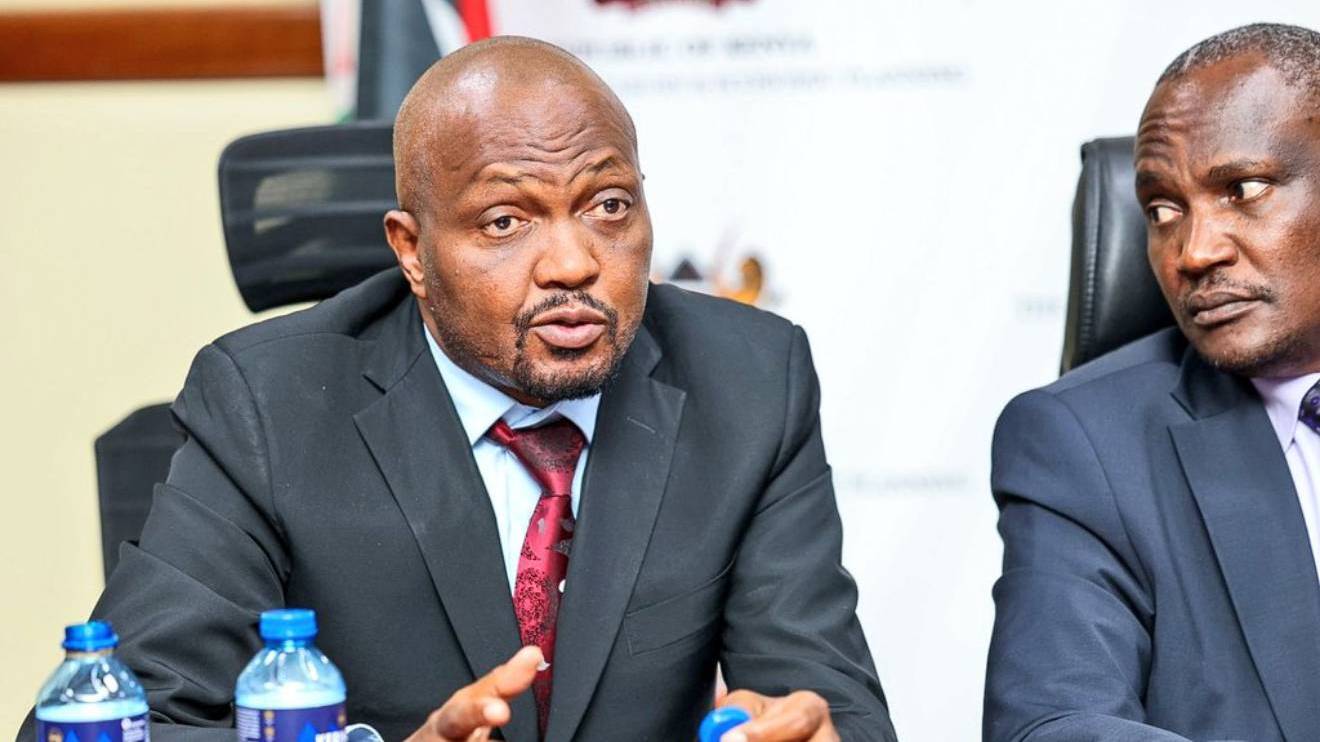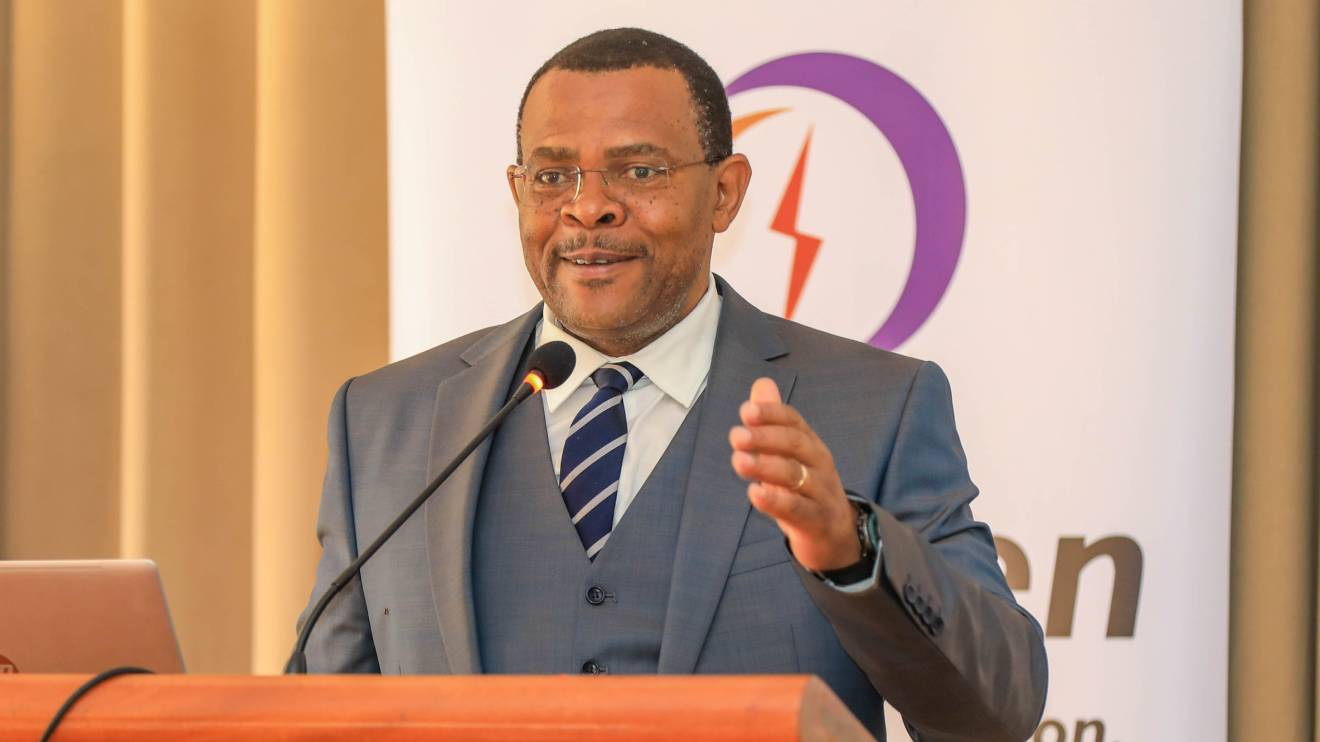Moses Kuria, Senior Advisor to President William Ruto, has addressed recent media reports that he termed as misinterpretations of his remarks on Virtual Electronic Tax Registers (ETRs) at the Kenya Revenue Authority (KRA) Summit.
In a statement, Kuria clarified that his comments were not directed solely at M-Pesa, but applied to all payment service providers.
“My attention has been drawn to media reports that my comments on Virtual ETRs at the KRA Summit yesterday were directed at MPESA only. This is erroneous as I meant all Payment Service Providers including Telcos and Banks. It’s an industry issue,” he affirmed.
Kuria stressed the government's commitment to tax compliance, warning that mobile phones without proof of tax payment would be automatically blocked from accessing any network.
The clarification follows Kuria’s announcement of a new tax measure, set to take effect on December 25, 2024, aimed at expanding the country’s tax base.
Read More
According to Kuria, all pay bills and till numbers will be classified as Virtual ETRs, allowing seamless integration with the KRA’s system for improved tax collection.
Kuria revealed this plan as part of a broader strategy to ensure equitable taxation, emphasising that it will “whisper” to businesses through the payment systems that they must comply by Christmas 2024.
During the summit, Kuria highlighted the imbalance in the current tax system, where the formal sector carries most of the burden. He noted that Kenya’s advanced digital payment infrastructure provides an ideal platform for this tax reform, stating, “The level of digitisation, digital payments of the Kenyan economy can be… other countries can look at it, green with envy.”
While Treasury Cabinet Secretary John Mbadi echoed the necessity of using technology to improve tax compliance, Kuria acknowledged that the initiative may face opposition from some Kenyans.
“I know there's going to be some noise... but as far as I know, paying taxes is within our constitution, it’s within our law,” Kuria asserted, reaffirming the government’s commitment to implementing the changes despite potential resistance.
As the country prepares for this ambitious shift in tax policy, Kenyans may react with concern, especially given the current economic pressures many are already facing. How the government manages this reaction will be crucial for the smooth rollout of the new system.



-1728630044.jpg)



-1728654105.jpg)
-1728649420.jpg)